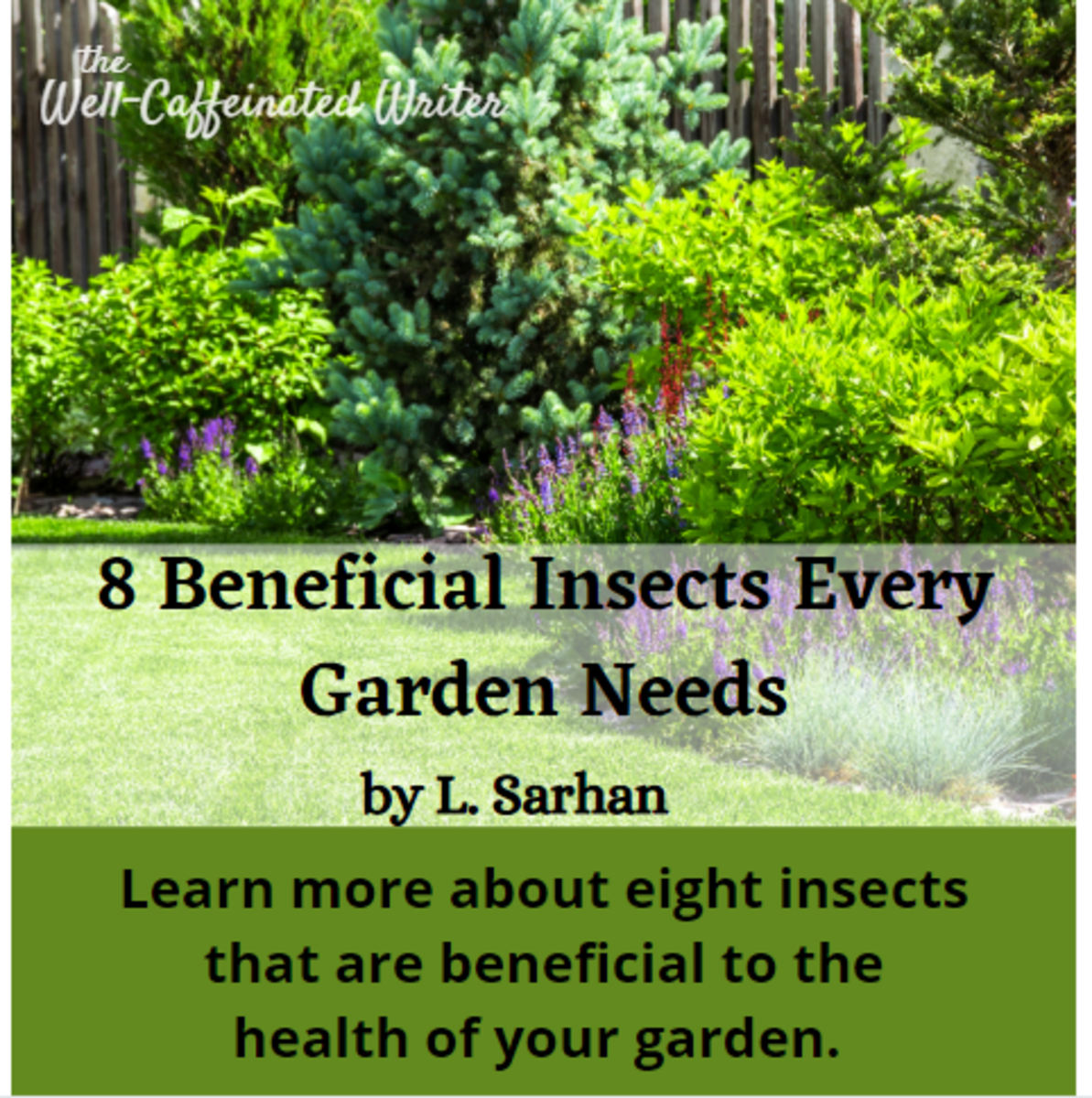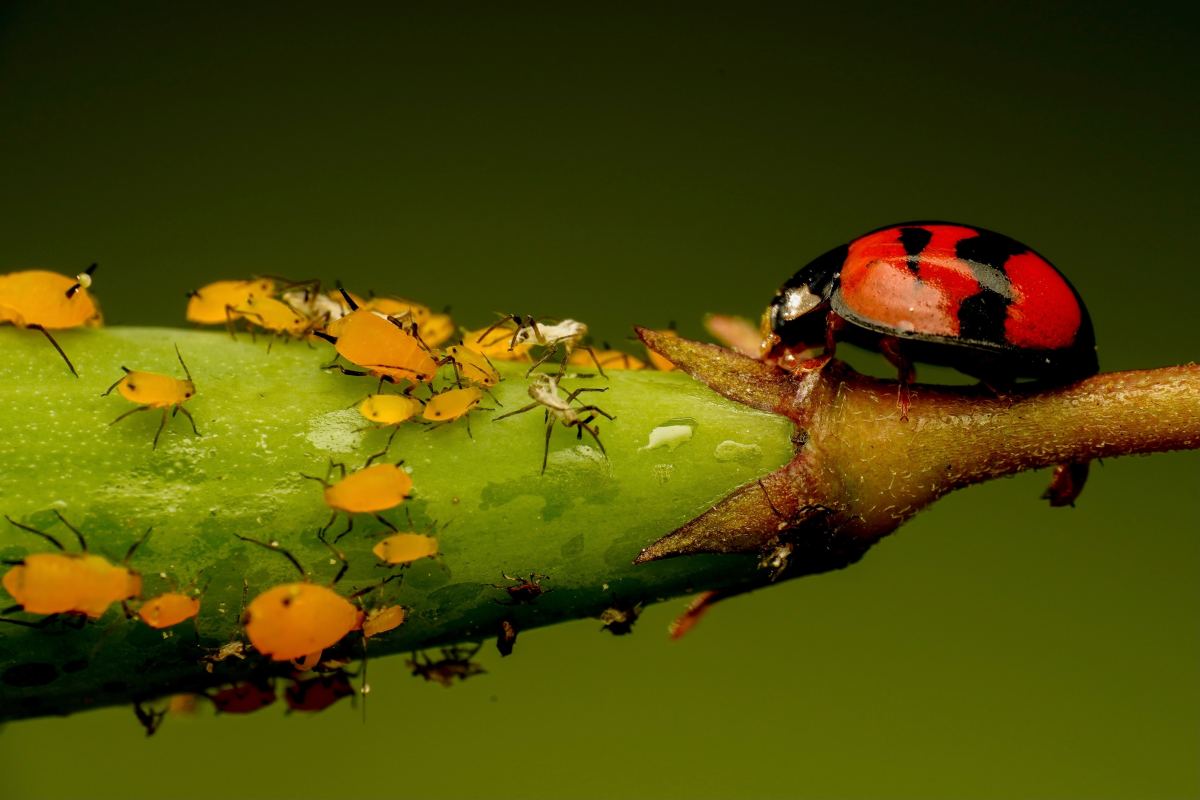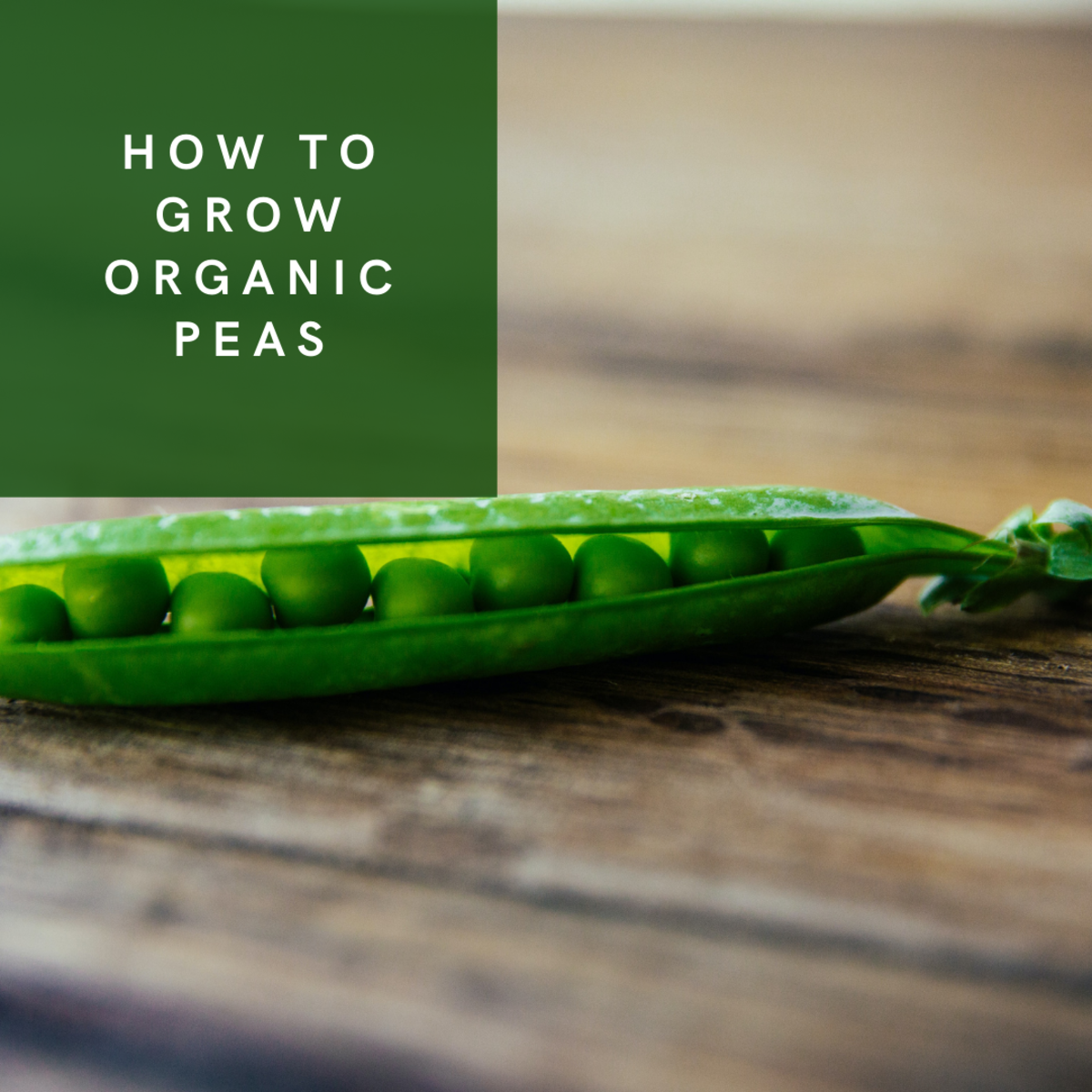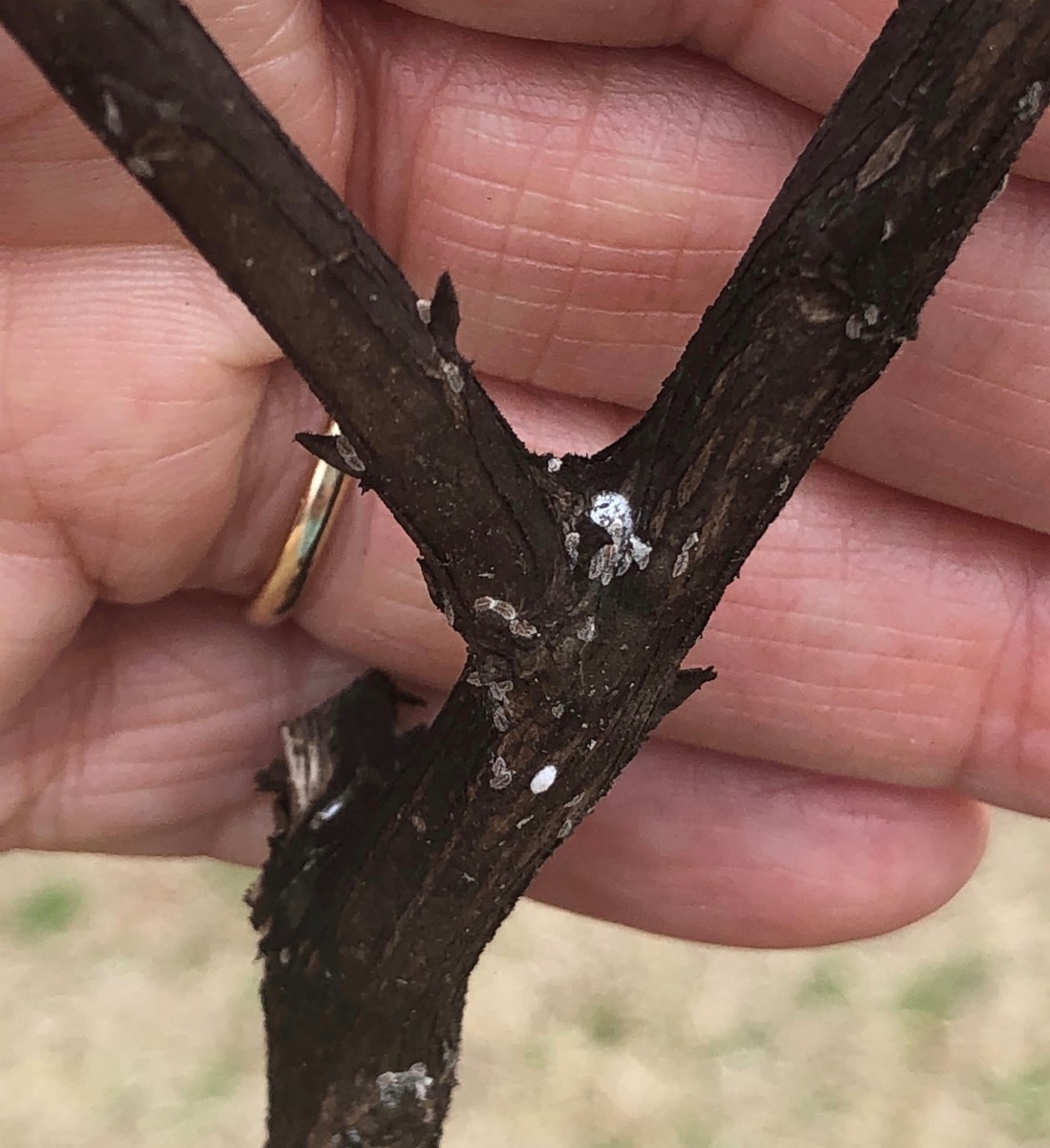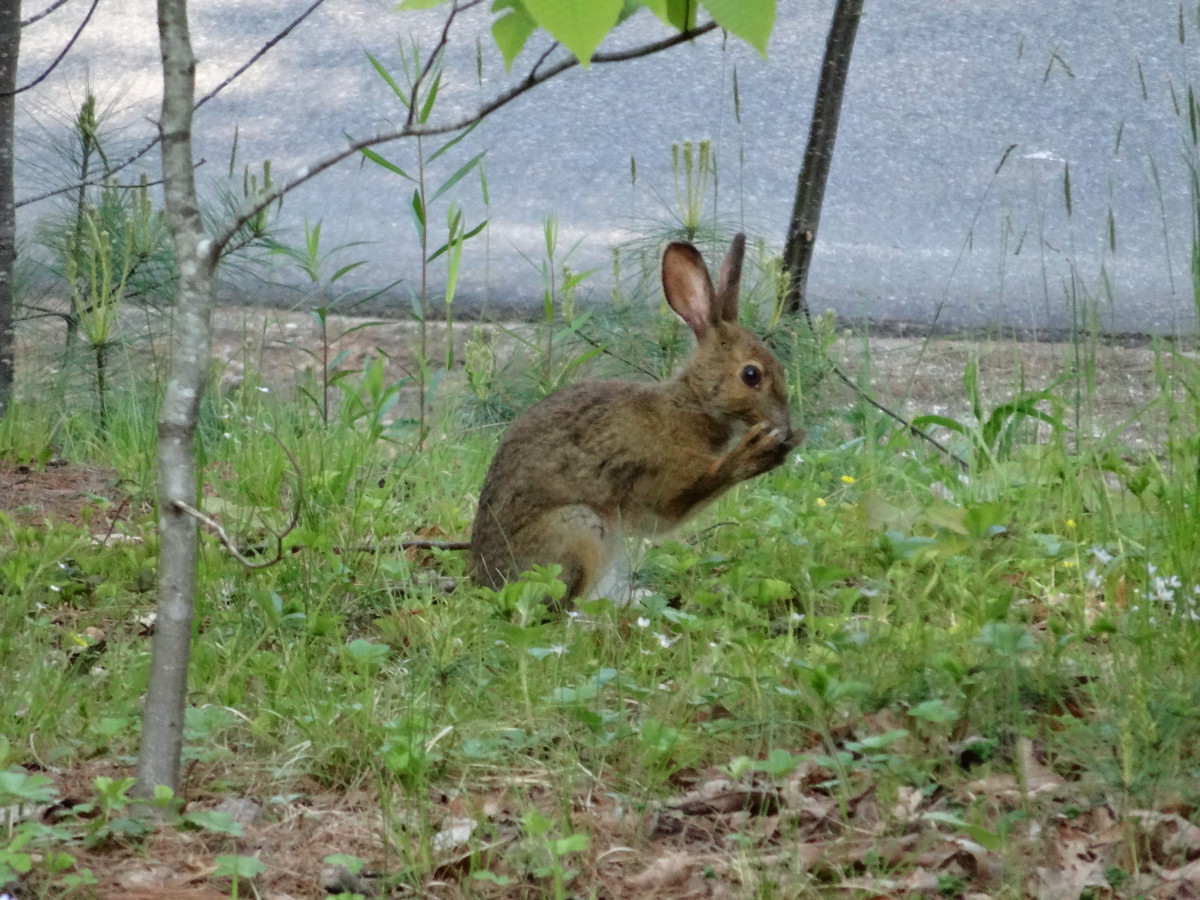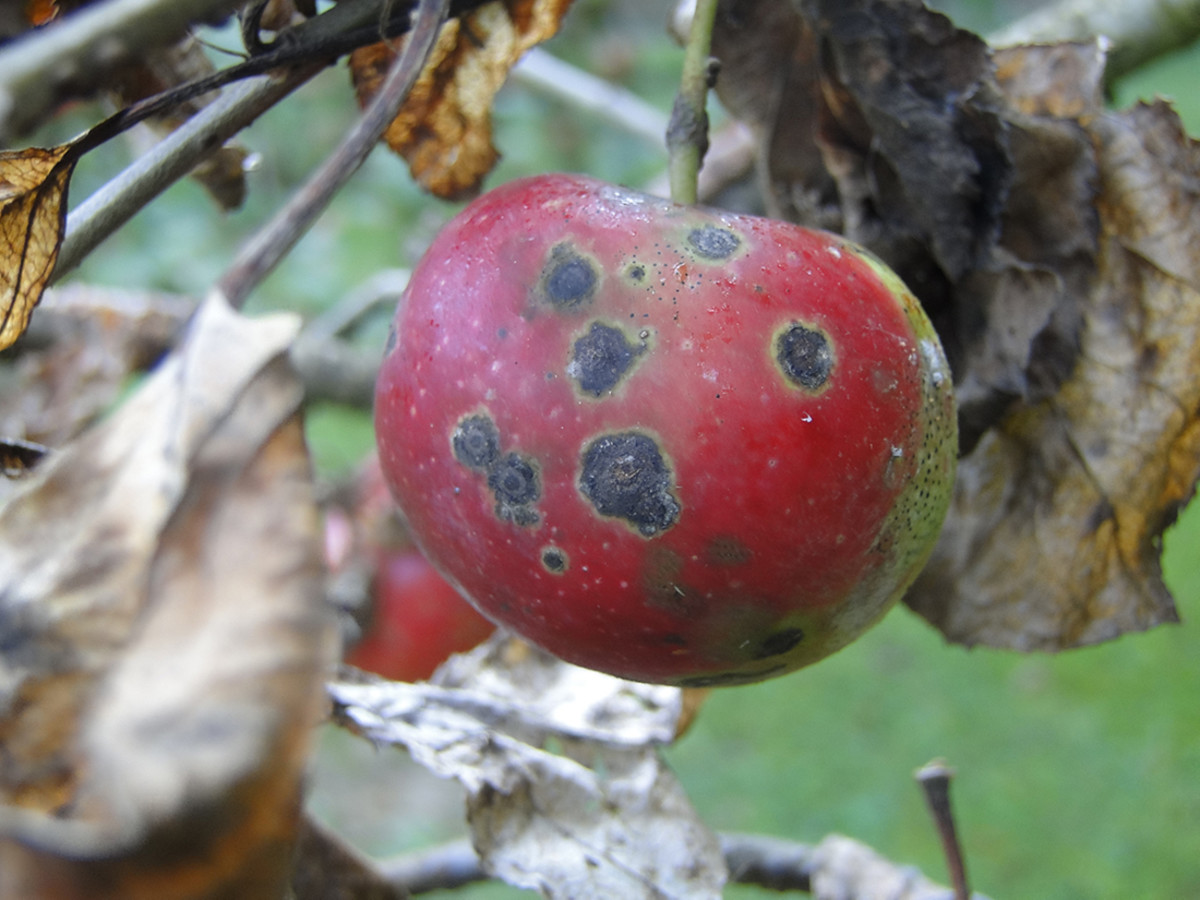Organic Gardening Pest Control Using Beneficial Insects
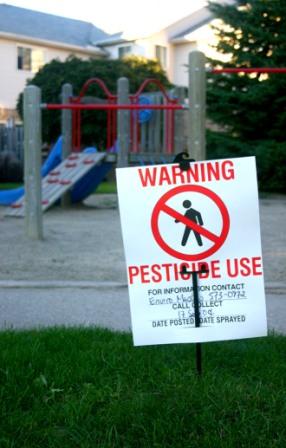
Getting Rid of Garden Pests Safely
Nowadays, a growing awareness on the advantages of organic gardening pest control over chemical pest management solution is on the rise.
We all know the horrors of using pesticides especially on fruits and vegetables. Chemical pesticides leave traces of harmful substances on the food that we grow. And being the consumers of these foods, we become the end-receivers of the toxins that they contain.
Likewise, pesticides proved to be harmful to the environment, killing not only the unwanted pests, but almost any living things in its path. For these two chief reasons alone, a lot of chemical-based pesticides and other similar products are now banned from being sold in the market.
With these alarming effects of pesticides, professional growers and ordinary home gardeners are now turning to organic gardening practices to deal and handle pesky garden pests. There are a number of methods on how to go about this task. But one of the most recommended is using beneficial insects.
Why Beneficial Insects
A garden can become home to many insects, but not all garden insects are pests. A good part of it are what we call "beneficial insects" because they offer certain benefits to any garden. They are relatively harmless to plants but are unforgiving to garden pests, which they usually prey on or parasitize. In most cases, beneficial insects do not completely obliterate the pest population but prevent them from growing in numbers that can cause significant damage to your plants. Having these pests' busters can help greatly in keeping the pest population in check. Beneficial insects are our best allies if we want a natural, safer, and organic way to deal with pests.
Using beneficial insects as organic gardening pest control is often regarded as the most effective practice simply because garden pests can't develop immunity to being eaten.
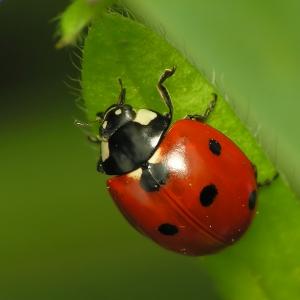
Introducing Beneficial Insects in Your Garden
For them to become an effective pest control, you need a certain number of beneficial insects thriving in your garden. And often, the best and easiest way to obtain them is through online sources and local insectaries or insect breeders. They are usually sent via mail, together with instructions on how to introduce them into your garden.
Introducing them into your garden is a crucial part. You need to release them with proper planning, noting of the timing and the condition in your garden to ensure that they will do what you expect them to do-- that is, feed on the bad guys pestering your plants.
Here are some points to remembers when you're releasing beneficial insects:
1.Once your package of beneficial insect arrives, handle it with care. It should contain an instruction or information sheet about the insects, what the prey on and, how and when you should release them.
2. Check the temperature and humidity in your garden and make sure that it matches your beneficial insect's requirement. While most beneficial insects are not really sensitive to these factors, there are some that thrive best and stay longer in areas with specific range of temperature and humidity levels.
3. Don't release your beneficial insects during the hottest time of the day. It's better to release them during late afternoon when it's already cooled because they are less likely to fly off and would rather rest to preserve their energy to look for food the next day.
4. Buy or release beneficial insects only when you're sure that they have food in your garden--meaning your garden has a sizeable number of pests that they feed on. If the pest population is too low, beneficial insects may eliminate them completely and leave right away to look for more food elsewhere. However, high number of pests may also overwhelm them. Release them when they have enough to eat for a few days, which will encourage them to stay longer.
5. Proper timing is important. Naturally, if your beneficial insect eat only the eggs, it doesn't make sense to release parasites after the eggs have hatched. Educate yourself on how your beneficial insects attack the pests. They can be predators or parasites. Predators eat adult pests while parasites target eggs or larvae, and even young soft-bodied insects. These information will tell you at part of the pest's life cycle they are vulnerable and which beneficial insect is right for the job.
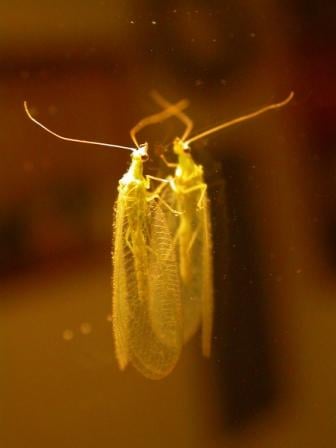
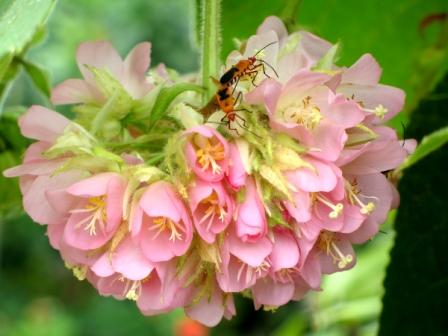
Encouraging Beneficial Insects To Stay
After you've introduced them into your garden, the next and equally crucial step is to make them stay. Like with most animals, beneficial insects will want to stay in your garden if they are happy. And luckily, they are not that hard to please. Food and shelter are their basic needs. Temperature and humidity can also help brighten up their day.
Food, meaning pest, is the foremost reason they will want to stay in your garden.
But the goal shouldn't be for beneficial insects to completely wipe out the pests. Because if this is the case, then they will surely leave once they no longer find food in your garden.
Providing alternative sources of food for them is one effective way to make them stay after they've eaten most of your garden pests. Some insects feed on nectar which makes planting flowers a good idea. Likewise, you should install a bird bath or place shallow water vases in your garden for their water source.
Sure, you have plants in your garden that can provide shelter for beneficial insects. But some have their own preferences. Having a diversity of plants and trees can offer many choices for your beneficial insects. Cover crops can also serve as shelter and good hiding places.
While not as important as food and shelter, temperature and humidity can also contribute to a thriving community of beneficial insects. Some beneficial insects live well only on specific temperature and humidity ranges. If your garden doesn't have it, they are more likely to fly off and look for more favorable living conditions.
Another good way to encourage them to stay is if they find a mate. By introducing both male and female beneficial insects, there's a great chance for them to build a community that will live permanently in your garden.
On the other hand, spraying chemical-based pesticides is a big no-no. It's the best way to scare beneficial insects away from your garden because it doesn't just kill the bad insects, but the good ones as well.
For more organic gardening tips:
- The Organic Gardening Secrets
The secrets to growing beautiful, bountiful and healthy organic garden.
The Key is Knowing Which Beneficial Insect is Perfect for the Job
Here are three of the most popular and commonly used beneficial insects in an organic garden:
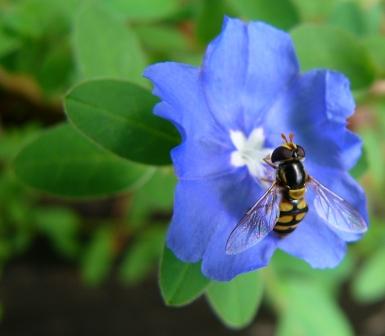
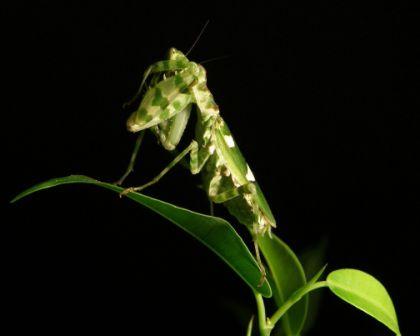
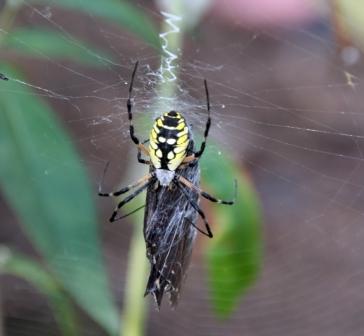
Other Beneficial Insects - and The Pests They Love
- Hover Flies (or fruit flies) - aphids, beetles, caterpillars, sawflies, thrips
- Tachinid Flies - tent caterpillars, armyworms, corn borers, cutworms, stinkbugs
- Ground Beetles - aphids, caterpillars, fruit flies, mites, slugs
- Soldier Beetles - grasshopper eggs, aphids, caterpillars, other soft bodied insects
- Tiger Beetles - wide range of soil-dwelling larvae
- Assassin Bugs - caterpillars and other pests
- Big-eyed Bugs - aphids, leafhoppers, spider mites, some small caterpillars
- Damsel Bugs - aphids, caterpillars, leafhoppers, thrips
- Minute Pirate Bugs - soft-bodied insects, thrips, corn earworms, aphids, spider mites
- Spined Soldier Bugs - larvae of Colorado potato beetles, Mexican bean beetles, sawflies, and European corn borers, cabbage loopers, tent caterpillars
- Stink Bugs - caterpillars and other pests
- Ichneumonid Wasps - caterpillars and other pests
- Braconid Wasps - aphids, cabbage worms, codling moths, corn borers
- Trichogramma Wasps - eggs of more than 200 species of moths
- Beneficial Nematodes - a wide variety of pests
- Mealybug Destroyer - mealybug and other scale insects
- Praying Mantis - a wide variety of pests
- Predatory Mites - thrips and pest mites
- Spiders - a wide variety of pests

